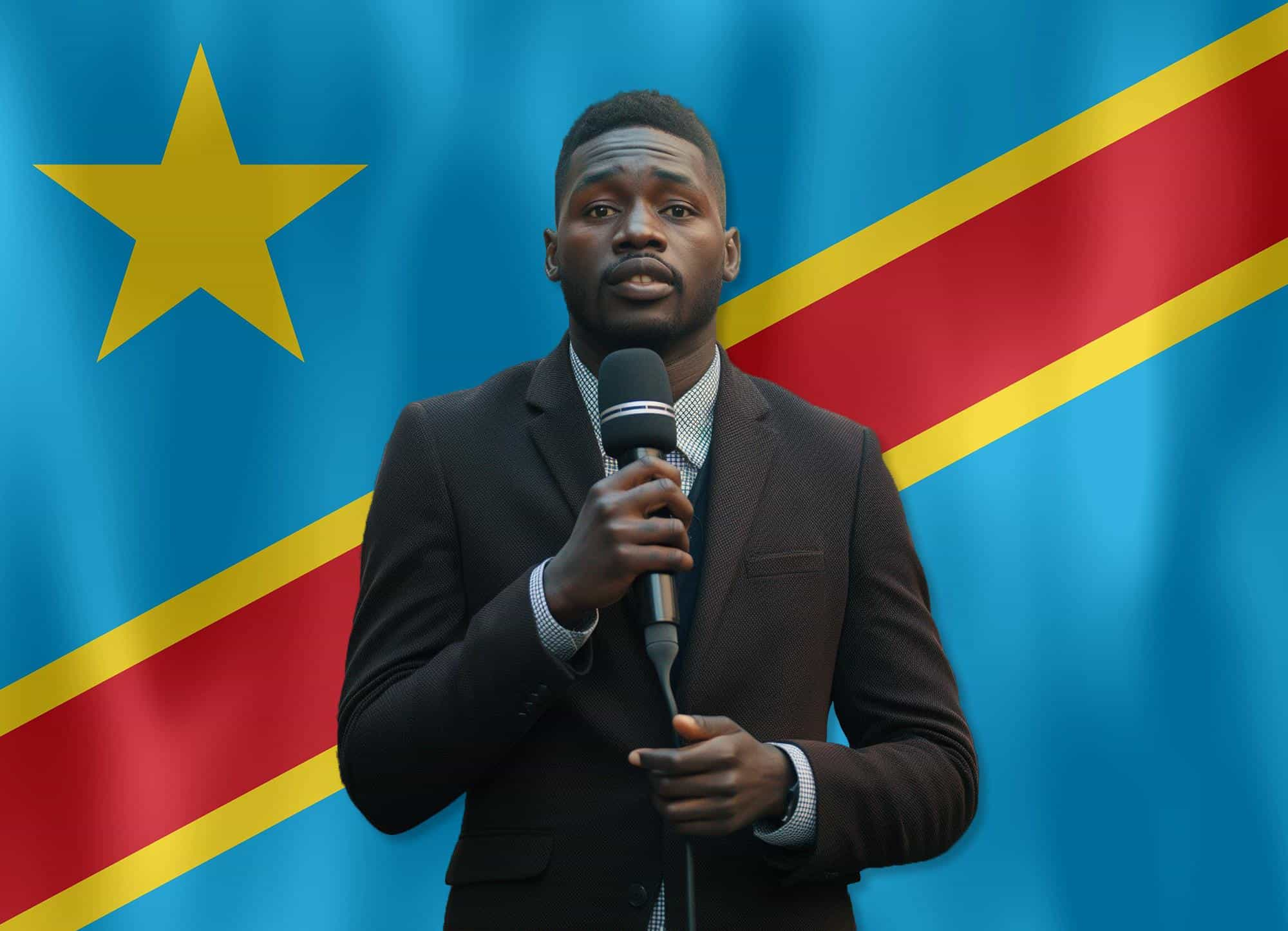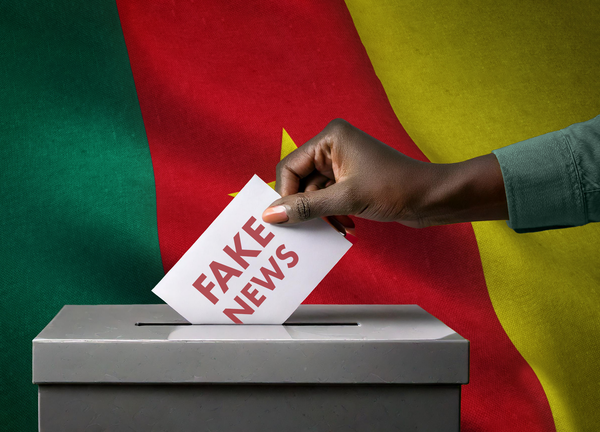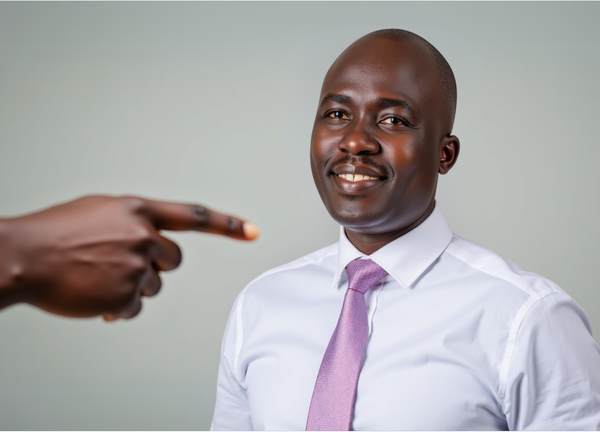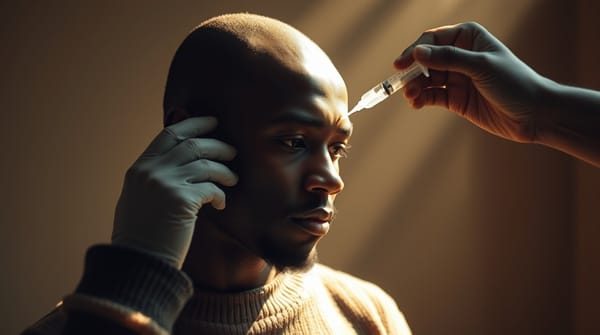The first country in Africa by its area, the DRC benefits from a very diverse media panorama . It has more than 7,000 journalists, 540 newspapers, 177 television channels, more than 4,000 radios and 36 online media.
According to the annual study by Target SARL on the media audience in the DRC (seven. 2023), the overall consumption of the media has experienced a general decline for a year. Traditionally, radio remains the favorite means of information from the Congolese, with 52 % audience. The small screen, meanwhile, has a slight increase, with 23 % audience. But only Congolese National Radioign (RTNC), the United Nations Radio Okapi and Top Congo have national coverage. The written press is experiencing a significant decline and has almost disappeared from the regions outside Kinshasa. This year, only 2 % of Congolese followed it. Conversely, information websites are in full development and win 39 % audience.
Journalism, a high risk business
According to a report by journalist in danger (JED) published in November 2023, 523 various attacks against the press have taken place since the change of government. Among these abuses, 130 journalists were victims of threats and violence, 123 media attacked, censored or closed, and five journalists were killed. This year, reprisals have accelerated. The Congolese press had never been so much the target of arrests, assaults, threats, executions, suspended, looted or ransacked media.
This heavy record is a new disappointment for the press, having nevertheless nourished hope of gaining freedom with the current five -year term. In 2019, the authorities were committed to making the media a "real 4th power ". Four years later, the JED underlines the lack of concrete action and the difficulty of implementing the legislation.
Stanis Bujakera Tshiamala, journalist for Jeune Afrique magazine and Reuters collaborator has been imprisoned in the DRC since September 14, 2023. The drafting of an article denounced the involvement of security services in the assassination of Chérubin Okende, former Minister of Transport explains it to a sentence of ten years in prison. Detained for the charges of "propagation of false noise, dissemination of false information and falsification of state seals", Stanis Bujakera Tshiamala is a symbol of the fight in favor of press freedom in the DRC. "The arrest of Stanis Bujakera is political and means that the regime in place gives a warning to all professional and free journalists," said Steve Wembi, Congolese journalist. The latter, having escaped an abduction in October 2022, denounces the corruption of the authorities: "Today, you must be a loudspeaker of the regime to live in freedom," he said.
Towards better tomorrow?
If the DRC has been able to reassess press legislation, replacing the 1996 law on press freedom with a more current version, it continues to be flouted. Considered a "first step towards media health", the new law of 2023 is still a glimmer of hope for Congolese journalists, still awaiting improvement in their working conditions.
The presidential and legislative elections being held on December 20, 2023 are also eagerly awaited by the press. They will be decisive for the future of journalists and could seal the fate of press freedom in the DRC.









